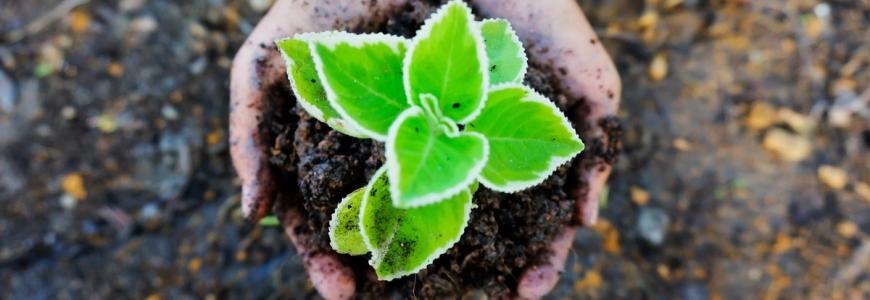How Restorative Development Can Address Climate Change
Contemporary Science Issues and Innovations
September 13, 2016, Belmont Media Center, Belmont MA
William Moomaw, Ph.D., Professor Emeritus of International Environmental Policy at Tufts University's Fletcher School of Law and Diplomacy (retired in 2014). Dr. Moomaw was founding director of both the Center for International Environment and Resource Policy (CIERP) and Tufts Climate Initiative, and co-founder for the Global Development and Environment Institute. He was a lead author for a number of United Nations Intergovernmental Panel on Climate Change (IPCC) reports, and was a co-recipient of the 2007 Nobel Peace Prize awarded jointly to the IPCC and former Vice President Al Gore. more about William Moomaw
Restorative development emphasizes protective measures and natural approaches to managing forests, soils, water and ecosystems that have been destabilized by industrial practices.
- info about restorative development
- Human Activity Has Pushed Earth Beyond Four of Nine ‘Planetary Boundaries’
In this video Dr. Moomaw discusses first how industrial agriculture has affected the planet and natural resources. He then explains the strategy of restorative development and provides examples.
Some background on the issue

